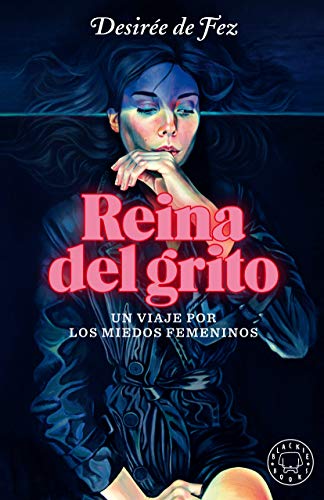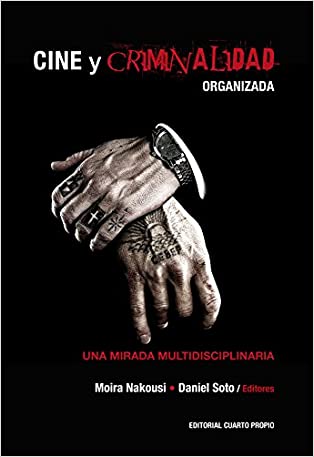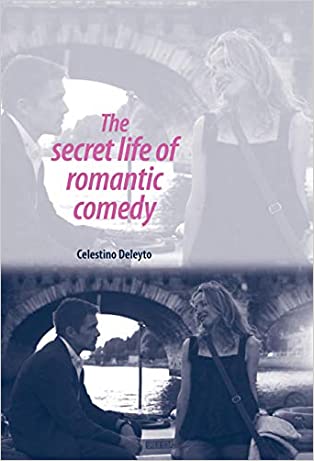Las 100 mejores películas del rock (Valiño García, Xavier)

Reina del grito (de Fez, Desirée)

TERROR EN EL MUSEO DE CERA

UN PIANO SUENA MEJOR CUANDO SE HA TOCADO

TIERRA EN TRANCE

VASCOS EN EL CINE

GALICIA EN CLIPS

CINE Y CRIMINALIDAD ORGANIZADA

LA POLÍTICA COMO ESPECTÁCULO

LAS MEJORES PELÍCULAS DE CINE NEGRO
 Pocos géneros como el cine negro tienen un sustrato, paisaje y tipología común, pero tan diferente a la vez: desde la crónica de sucesos a la novela negra, el imaginario de su cine ha reflejado los cambios económicos y generacionales de la industria del crimen y la extorsión en diferentes momentos históricos. A partir de un título fundacional como Scarface (1932), el autor se plantea un viaje de siete décadas por el cine de gánsters, mostrando tanto el legado de los nuevos autores como los cambios en la producción y la percepción del film noir.
Pocos géneros como el cine negro tienen un sustrato, paisaje y tipología común, pero tan diferente a la vez: desde la crónica de sucesos a la novela negra, el imaginario de su cine ha reflejado los cambios económicos y generacionales de la industria del crimen y la extorsión en diferentes momentos históricos. A partir de un título fundacional como Scarface (1932), el autor se plantea un viaje de siete décadas por el cine de gánsters, mostrando tanto el legado de los nuevos autores como los cambios en la producción y la percepción del film noir.DOCUMENTARY ACROSS DISCIPLINES

FOLK HORROR

THE SECRET LIFE OF ROMANTIC COMEDY
 Winner of the 2009 Enrique García Diez book award for literary research, from the Spanish Association for English and American Studies. The secret life of romantic comedy offers a new approach to one of the most popular and resilient genres in the history of Hollywood. Steering away from the rigidity and ideological determinism of traditional theories of the genre, this book advocates a more flexible theory which allows the student to explore the presence of the genre in unexpected places, extending the concept to encompass films that are not usually considered romantic comedies. Combining theory with detailed analyses of a selection of films, including To Be or Not to Be (1942), Rear Window (1954), Kiss Me Stupid (1964), Crimes and Misdemeanors (1989) and Before Sunset (2004), the book aims to provide a practical framework for the exploration of a key area of contemporary experience - intimate matters - through one of its most powerful filmic representations: the genre of romantic comedy. Original and entertaining, The secret life of romantic comedy is perfect for students and academics of film and film genre.
Winner of the 2009 Enrique García Diez book award for literary research, from the Spanish Association for English and American Studies. The secret life of romantic comedy offers a new approach to one of the most popular and resilient genres in the history of Hollywood. Steering away from the rigidity and ideological determinism of traditional theories of the genre, this book advocates a more flexible theory which allows the student to explore the presence of the genre in unexpected places, extending the concept to encompass films that are not usually considered romantic comedies. Combining theory with detailed analyses of a selection of films, including To Be or Not to Be (1942), Rear Window (1954), Kiss Me Stupid (1964), Crimes and Misdemeanors (1989) and Before Sunset (2004), the book aims to provide a practical framework for the exploration of a key area of contemporary experience - intimate matters - through one of its most powerful filmic representations: the genre of romantic comedy. Original and entertaining, The secret life of romantic comedy is perfect for students and academics of film and film genre.
